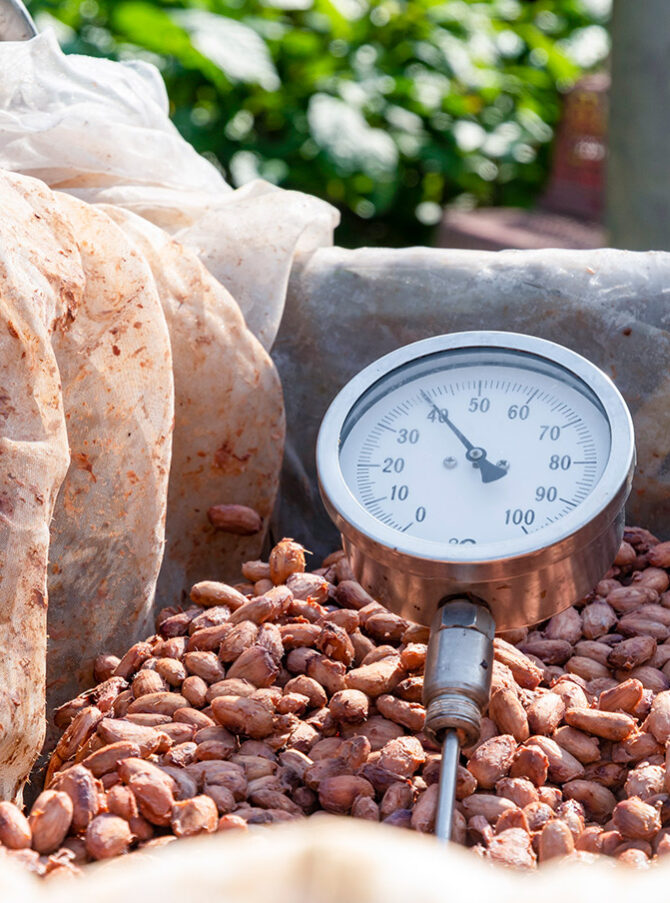One of the most important prerequisites for reducing poverty in the Caribbean is participating in regional and international trade. For this to succeed, a functioning quality infrastructure (QI) system is essential as well as commercial products that meet certain requirements.
PTB and its International Cooperation Group can look back at more than 25 years of working with the Caribbean region on developing an internationally recognized QI. Since 2019, our partner organizations in the region, CROSQ and INDOCAL, have been implementing a five-year project together with PTB. This project is financed by the 11th European Development Fund (EDF for short), and it aims to integrate the region into the global economy by reducing technical barriers to trade.
To achieve this, the project uses a PTB tool called CALIDENA, which helps to increase quality in value chains. To this end, quality-related issues in five different value chains with high relevance for national industry and significant importance for exports were addressed in five Caribbean countries. The next section provides more details on this.
The Bahamas have ideal conditions for growing cascarilla bark. This is an important product that is exported to Europe and used to produce tonics and medical products. In Belize, liquid petroleum gas (LPG) was examined more closely. It is used by 83% of Belizean households and is the cheapest source of energy available to the state. In Dominica, the CALIDENA process was dedicated to cocoa beans, which are traditionally processed into cocoa sticks and cocoa balls for the local market. They already have a long export history, and their export potential is growing. This is especially true of processed cocoa products. Coconuts are an important export product of the Dominican Republic. However, to meet the high demand for processed products, such as coconut milk for export, their cultivation needs to be expanded. Finally, in Jamaica, the project dealt with black castor oil, which is used in local markets for cosmetic products and is equally attracting growing interest as an export product.
All these activities began at the end of 2020 with a virtual training course on the CALIDENA method for nine talented trainees who will become future CALIDENA facilitators. After this, work started on the five selected value chains. During this phase, the trainees are mentored by experienced CALIDENA trainers and guided through the entire process. The first step was to evaluate each value chain to see whether it was feasible or not. This was necessary as various criteria have to be fulfilled for work on a value chain to continue successfully. As a result, one process had to be stopped. This discontinuation is an important option within the CALIDENA process and does not signify a failure.
Currently, the action plans are being implemented for the four remaining value chain processes. These were developed during a kick-off workshop where all relevant stakeholders came together to discuss quality gaps along the value chain and to agree on relevant activities to fill these gaps. Unfortunately, due to the Covid 19 pandemic, only one such workshop was held with the participants attending in person.
The various experiences gained so far from the five CALIDENA processes are collected and evaluated and will be of high relevance for future processes, whether they are virtual, hybrid or face-to-face.
Annees Kasanredjo, a CALIDENA intern from Suriname, says: “The CALIDENA project gave me the opportunity to work with a vibrant community of Jamaica black castor oil stakeholders and guide them towards efforts in using QI to improve this value chain.”
Image ©istock








